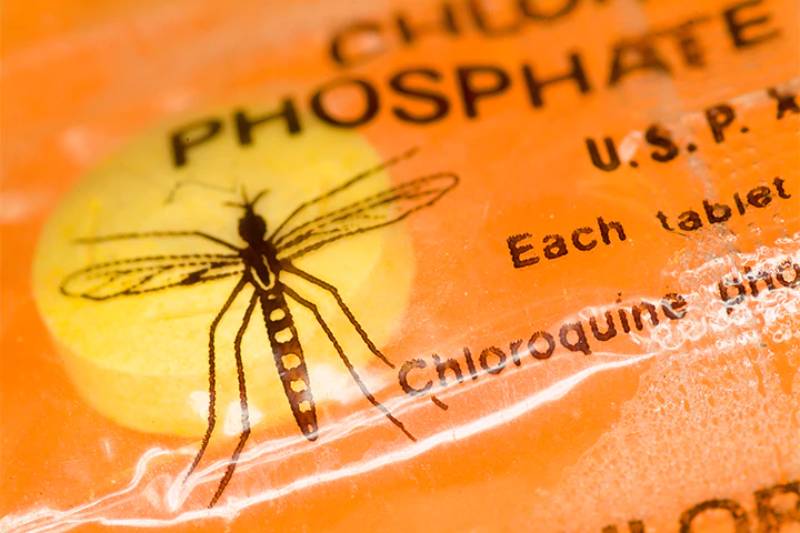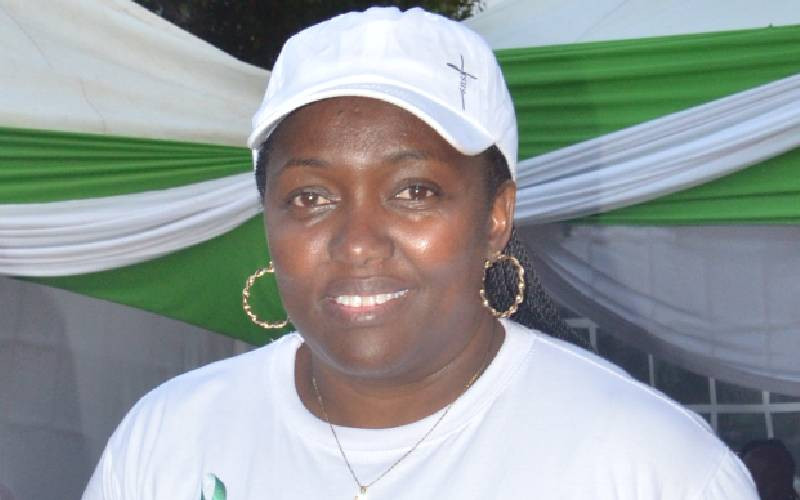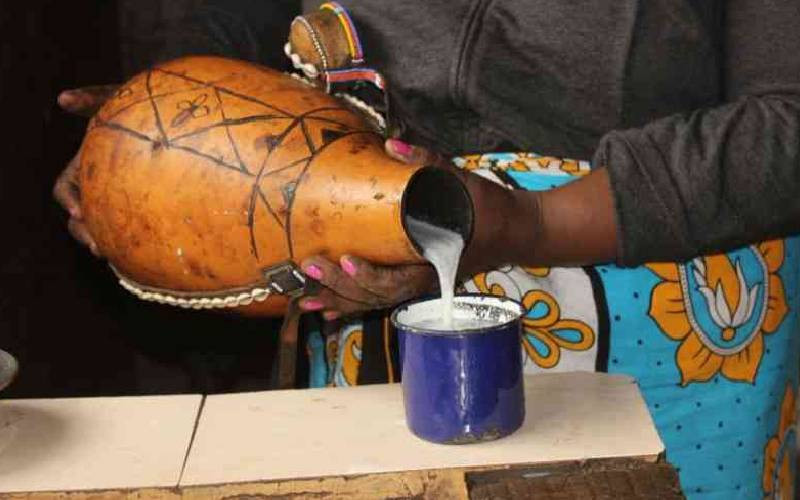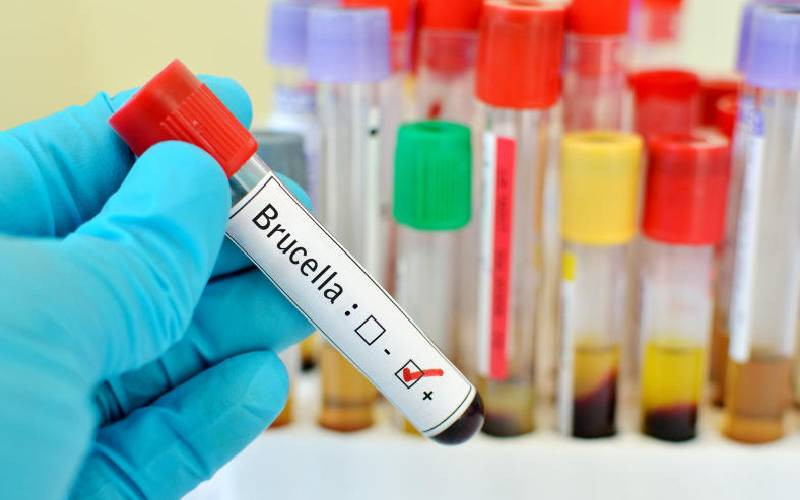
The Pharmacy and Poisons Board has prohibited the dispensing of hydrochloroquine and chloroquine without valid medical prescriptions.
The two drugs have been at the centre of controversy even as the world's heath experts race to find a cure for the Covid-19 pandemic that has killed over 21,000 people globally.
“Following the news that the United States of America is using Chloroquine and Hydrochloroquine to treat SARS-COV-2, there has been a rush by many to acquire these medicines from pharmacies to stock them. The clinical trials of utilising the two medicines are currently ongoing,” the board’s boss F. M. Siyoi said in a statement.
The Board urged the public to refrain from using the drugs since there are patients who depend on these medications every day, “to improve their quality of life in the management of conditions such as rheumatoid arthritis, systemic lupus erythematosus and porphyria cutanea tarda.”
The anti-malaria drug was hyped by US President Donald Trump as a treatment for Covid-19, the respiratory illness.
At a news conference, Trump falsely said that the Food and Drug Administration had just approved the use of chloroquine to treat patients infected with coronavirus.
Even after the FDA chief clarified that the drug still needs to be tested for that use, the US president overstated the drug’s potential benefit in containing the deadly virus.
Trump said the drugs are the game changers and as a result a rush to procure them spurred in several countries across the globe.
As of today, 472,529 people had been infected with coronavirus and a total of 114,740 had so far recovered from the illness.
The Pharmacy Board has warned that excessive use of Hydrochloroquine may lead to irreversible blindness “which is detrimental to the health of the general public”.
Medical experts say chloroquine requires further clinical study and might not be the cure of coronavirus.
According to Centers for Disease Control and Prevention, Hydrochloroquine is being studied to determine if it can prevent the onset of Covid-19 before or after a patient is infected with the SARS coronavirus strain that causes it, and if it can be used to treat Covid-19 sufferers.
 The Standard Group Plc is a multi-media organization with investments in media
platforms spanning newspaper print
operations, television, radio broadcasting, digital and online services. The
Standard Group is recognized as a
leading multi-media house in Kenya with a key influence in matters of national
and international interest.
The Standard Group Plc is a multi-media organization with investments in media
platforms spanning newspaper print
operations, television, radio broadcasting, digital and online services. The
Standard Group is recognized as a
leading multi-media house in Kenya with a key influence in matters of national
and international interest.











